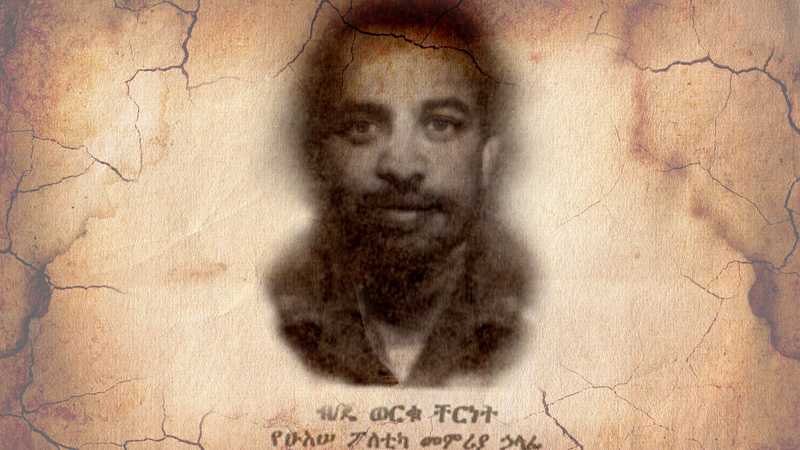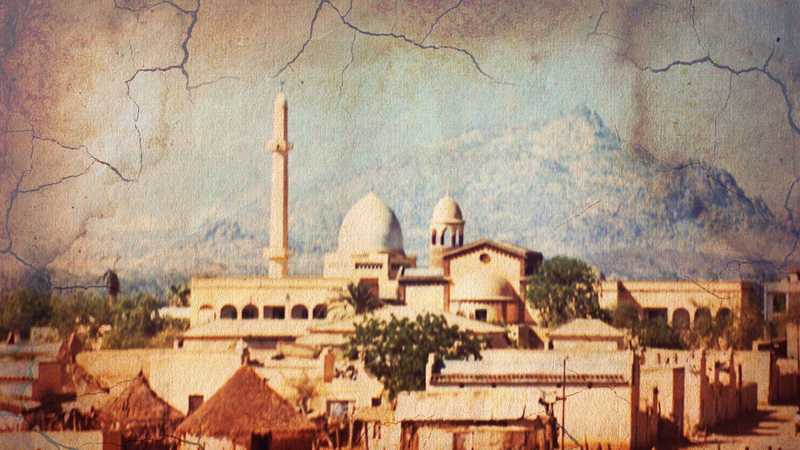The Second Massacre at Agordat - Black Sunday
9 Mar, 1975
Following the assassination of a collaborator by ELF freedom fighters, an Ethiopian general orders the massacre against the residents of Agordat.
As the frustration of the Ethiopian government grew over their failed attempts to control Eritrean freedom fighters’ reach and urban operations, they turned around and retaliated against the civilian population. Agordat (Aqurdet), also spelled as “Agordat”, has always been a target since the bomb attack of 1962 by ELF.
Many believe the cause of the massacre at Agordat on March 9, 1975, was the assassination of a well-known Eritrean collaborator spying for the Ethiopian government, Tekleab Solomon.
Before the incident, Tekleab was lured to the Barka Hotel by his associates. As he became intoxicated, they informed him that his girlfriend was waiting for him by the Barka River.
They left the hotel with Tekleab and drove north of Agordat to a place called Jebel Hla where two ELF assassins emerged and stabbed Tekleab to death.
General Worqu Chernet’s Order
A Commander of the 2nd Revolutionary Army, Brigadier General Worqu Chernet, who was passing by Agordat on his way from Tesseney to Asmara, was holding a meeting with army officers. He was already frustrated by his army’s lack of progress against ELF when he learned of Tekleab’s assassination. With this, he flew into a blind rage. He ordered a retaliatory killing of residents of Agordat, sending units to surround the town.
As General Worqu boarded a helicopter to return to Asmara, he fired his gun as a signal to his troops to commence the attack.
 Brigadier General Worqu Chernet
Brigadier General Worqu Chernet
Horrific Testimonies
Mahmud Ali, a resident of Agordat, recalls the chilling order given to soldiers: “Kill the sick, young and old, without mercy.” They stormed the town, killing and burning indiscriminately.
Residents attempted to flee, but the soldiers pursued them, breaking into houses and killing children. The massacre continued for hours, leaving over 375 dead.
Hussein Mohammed Ali, a resident, remembers the tragic day vividly. His friend Uqbit was killed near his home after they fled from a café to their homes. Hussein also witnessed the gruesome killing of a woman and her two children as they ran out to her as she rushed home for them. Yousuf, a young man, rushed the soldier who did this in a desperate rage but he was shot down as well.
The witnesses remember a mentally ill man named Ali Yiman running after his mother when they were both killed. Workers, shop owners, farmers, and clergymen were killed with their children. Even animals were not spared.
Attending to the Dead
The next day, residents who had fled for the night and other visiting mourners returned to the town to pick up the dead. They spent the earlier part of the day attending to the bodies and digging graves. But rumors that ELF may be coming to retaliate scared them and they had to flee again.
On the third day, it was difficult as the bodies had started to decompose in the lowland heat but the burials had to be done. The town ran out of linen to cover the dead. Most of the shop owners had also fled.
A farm owner provided a tractor and the residents dug a mass grave. In one such grave, the residents say they buried 103 bodies. Similarly so in other places.
Black Sunday
The massacre left an indelible scar on the community. They refer to the day as “Black Sunday” to this day.
On that day, up to 350 houses and huts were burnt and razed to the ground. Valuables were looted by soldiers.
This forced the people of Agordat into exile, many fleeing to Kassala, Sudan.
Counting those who died because of thirst and hunger as they fled to Sudan, more than 500 are believed to have died while 80 became permanently disabled.
#Agordat #Worku

